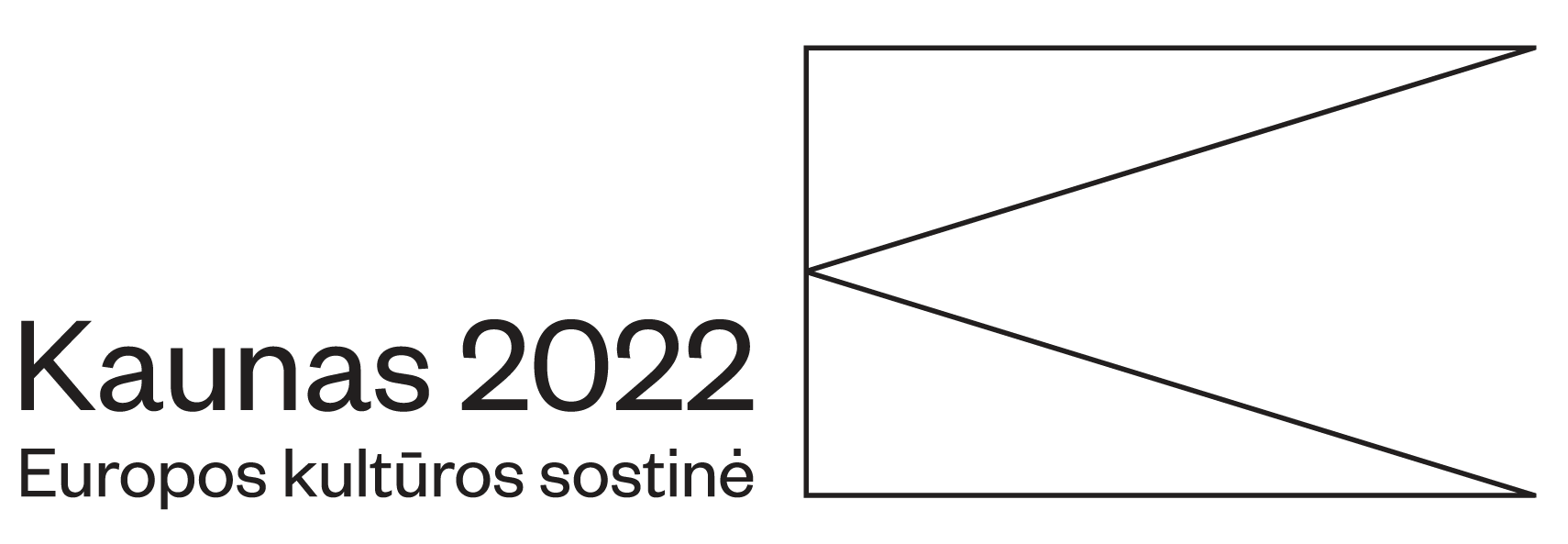
Kaunas resident Inga Turminienė studied economics, later finished culinary classes, went to Copenhagen for an internship at one of the most famous restaurants in the world, and realised her childhood dream to open a restaurant. Inga Turminienė – the founder and chef of Ieti restaurant – is convinced: food makes a big part of any community’s culture, and it is important to everyone.
What was your path to becoming a restaurant chef?
I wanted to open a restaurant when I was still in school. I studied economics, later, I have finished the culinary classes. I started as a dishwasher in the kitchen, then, worked as a cook, but I have always wanted to realise my own ideas. I was lucky to get an internship in Denmark, at the internationally acclaimed Geranium restaurant with three Michelin stars. People who work there are extremely responsible and diligent. They are a great example to learn from how to respect the food, restaurant, and chef. That was the last stage before opening my restaurant.
A year ago, you opened the door of Ieti restaurant with a contemporary European cuisine in Kaunas. What was the reason to open the restaurant here, and what is special about this cuisine?
We opened the restaurant in Kaunas because I lived here. I didn’t even think about opening it anywhere else. We characterise our cuisine as a contemporary European cuisine to accentuate the modern presentation, cooking methods, and region where the products come from. We say that we create stories in plates. The combination of flavours or food presentation has to resemble something: a forest or sea bottom.
What kind of food culture does Kaunas have? What similarities does it have with the food culture of the Western Europe, what are the differences?
Food is becoming a popular topic in Kaunas; slowly, chefs are turning into stars. Street food and farmers’ markets are becoming trendy. It is just the beginning, but you can already find high-quality products at the Castle Market. Abroad, street food differs a little: ethnic groups cook their national dishes there. Here, immigrant groups haven’t formed yet – Lithuanians cook international cuisines in their own way. However, people are interested in food, so we are advancing.
In the West, food more and more often becomes an object to experiment, a particular art form. Do you see the same trend in Kaunas? How do people respond to this?
The same trend is starting here too. There are more and more chefs who create experimental cuisine. Food aesthetics is highly important for Ieti too. More similar restaurants are opening. People respond positively: this is a new experience for them.
What sort of experiments have you seen? What are the main trends in cooking?
Manipulation of food texture and laws of physics is disappearing; restaurants are returning to natural ingredients and flavours. In Geranium restaurant, we used nitrogen gas that adjusts the physical structure of components. The chef of the restaurant is a representative of Scandinavian cuisine, and the aesthetics of his dishes is extremely subtle. His dish would look like forest oasis from a fairytale. We used nitrogen, drying, fermentation.
In Lithuania, we are used to large servings, but in the international gourmet cuisine, they are relatively small. Have we finally started thinking about quality instead of quantity as well?
The servings at Geranium are miniature, but people receive a lot of dishes: the restaurant has a tasting menu. The servings at Ieti are not small, but we are seeking to offer the amounts small enough to have several dishes without overeating. Quality is essential. Not everyone values that in Lithuania, but things are changing.
“Open Kitchen” – a project that invites trying out the cuisines of various countries in the open air – came to Kaunas this summer, on September 10th, Žaliakalnis Market Theatre Festival will return to Kaunas
Žaliakanis market and will host “Maisto teatras” (Theatre of Food.) What do you think about the projects of this kind? How can food strengthen a community?
Food makes a big part of any community’s culture. Therefore, all food culture initiatives are welcomed. People are interested in this, and many attend such events. These events shape the opinion about street food, so it is important that they were of high-quality. A lot of people love to cook and want to demonstrate it. We could have events where regular people would cook too.
You are the ambassador for “Kaunas: European Capital of Culture 2022” (KEKS.) How could this project contribute to the strengthening of food culture in Kaunas? How could food culture engage communities in the cultural life of the city?
Many prominent personalities from various cultural fields are involved in this project. Events which combine food and other cultural elements could emerge. I believe people would happily take part in this. Food is close to everybody’s heart – a lot of people cook. I have several ideas that I intend to carry out with the help of KEKS team. You will have to wait if you want to know what it will be.
Video: Marius Paplauskas

